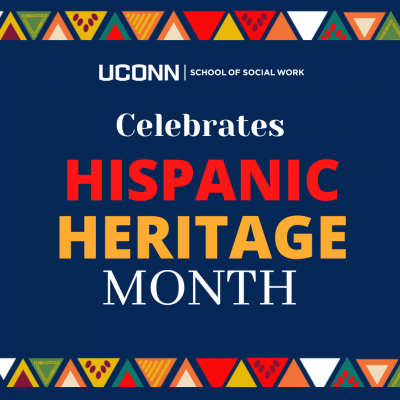Saturday, Dec 3, 2022
10 am – 12 pm
2 CECs
$40 – UConn SSW Alumni and Current Field Instructors
$50 – All Others
The webinar link will be emailed when your registration is complete.
Animal Assisted Therapy (AAT) has become increasingly popular over the past decade. Questions surface as to what AAT really is. Therapists often question if by having their animal present while working are they actually providing AAT services to their clients. AAT is a specialty and is much more than bringing a pet into the office.
This webinar will explore a model of understanding the impact of the human-animal bond on attachment, affirmation, and affect regulation. The training will include an overview of three broad areas: a) What is AAT and how is it incorporated into our practice; b) How human-animal interactions and the human-animal bond can impact human health and well-being; and c) The powerful potential that positive connections with animals have for healing and promoting resiliency in human beings while at the same time providing a benefit to the animal.
At the conclusion of this webinar, you will be able to:
- describe and classify human benefits, including physical, emotional, psychological, and social benefits that can be communicated through HAI (human-animal interaction) and HAB (human-animal bond)
- demonstrate the ability to match differing therapeutic animal roles and interventions to address different types of human-health and wellness related needs in various settings (schools, nursing homes, hospitals)
- identify and examine values, ethics, and risk issues for both humans and animals involved in human-animal interactions
- gain knowledge on ways to incorporate animals in a psychotherapeutic process for special populations: children on the spectrum, elderly, people with dementia

